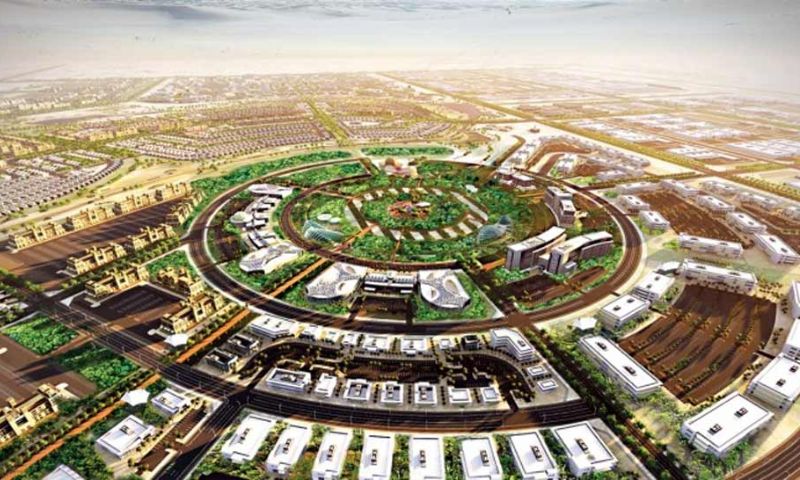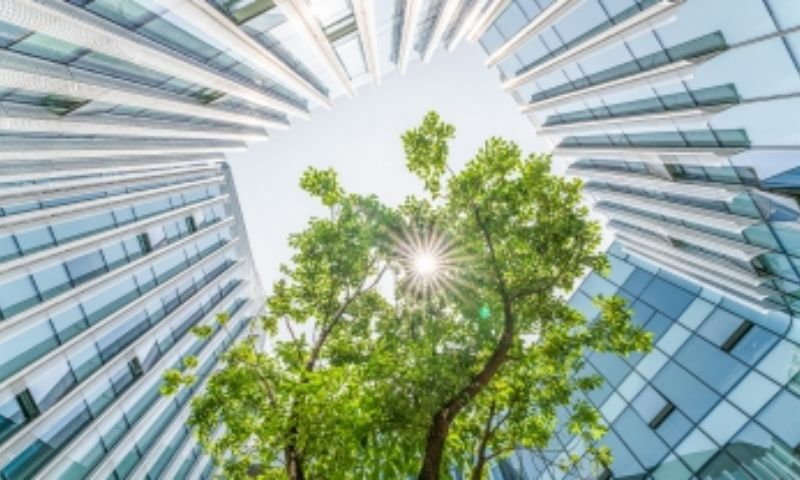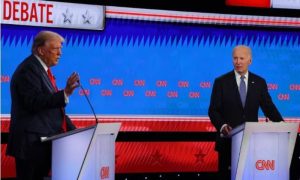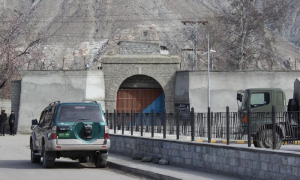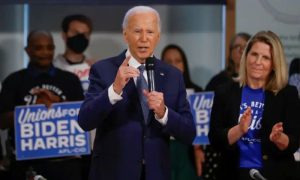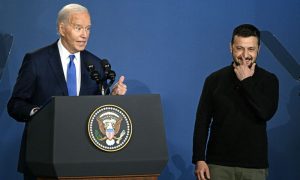The delicate balance between economic prosperity and environmental sustainability has become a pressing global concern. As the world gears up for a significant conference on climate and the environment, the spotlight is on how the oil-rich nations are aligning their economic strategies with the imperative to address climate change.
The GCC nations have long been synonymous with economic affluence, primarily driven by the oil and gas industry. However, as the adverse effects of climate change intensify, there is an increasing recognition that economic growth must be harmonized with environmental stewardship.
The upcoming ATD Saudi Arabia Conference, Riyadh in early December, to be jointly organized by the US and Saudi Arabia by the end of 2023, aims at bringing together experts, policymakers, and stakeholders from both countries to share knowledge, and explore innovative solutions for a sustainable future. It will serve as a crucial platform for the GCC countries to showcase their commitment to sustainability and discuss strategies to balance economic development with environmental preservation.
The decision to organize this joint ATD Saudi Arabia Conference reflects the shared recognition of the urgent need to tackle climate change and environmental issues on a global scale. Both countries, with their unique geographical and economic contexts, contribute to and are impacted by environmental challenges. The conference provides a platform for mutual understanding and collaboration, acknowledging that effective solutions require coordinated efforts from nations across the globe.
The conference will cover a range of themes crucial to addressing climate change and promote environmental sustainability. Some key topics likely to be discussed included renewable energy transition, biodiversity conservation, climate adaptation and resilience, circular economy, and international collaboration.
Saudi Arabia, as a leading state among the GCC, has recently unveiled plans to diversify its economy through its Vision 2030 initiative. This outline aims at reducing the Kingdom’s dependence on oil revenues and promote sectors such as tourism, technology, and renewable energy.
GCC’s Role in Intersection of Economy and Environment
The economic diversification drive aligns with global efforts to transition towards a low-carbon future, emphasizing the need for cleaner and more sustainable practices. The Kingdom has set goals for renewable energy capacity, with large-scale projects like NEOM and the King Salman Renewable Energy Initiative taking center stage.
The UAE, a regional trailblazer in economic diversification, has similarly invested heavily in renewable energy projects. The iconic city-state of Dubai has positioned itself as a hub for innovation. The nation’s commitment to renewable energy is exemplified by the iconic Masdar City, a sustainable urban development, showcasing the possibilities of green technology.
The UAE’s hosting of the Expo 2020, themed “Connecting Minds, Creating the Future”, underscores its dedication to fostering innovation and collaboration in areas such as sustainability and climate action.
The link between the economy and the environment is increasingly evident in the UAE’s strategic vision, underscoring the imperative to balance economic advancement with ecological stewardship.
The upcoming climate conference provides a platform for the GCC nations to not only showcase their commitment to sustainability, but also to forge international partnerships. Collaborative efforts with the global leaders in climate action can facilitate the exchange of expertise, technology, and investments that are essential for the successful transition to a greener and more sustainable future.
While the economic shifts in the GCC are commendable, challenges persist in striking the delicate balance between economic development and environmental conservation. The reliance on fossil fuels, though decreasing, remains a significant component of these nations’ economies. Transitioning away from traditional energy resources requires careful planning, investment, and international cooperation.
The forthcoming climate conference presents a unique opportunity for the GCC nations to showcase their commitment to sustainable development. It also provides an opportunity for the GCC nations to share their experiences, challenges, and achievements in balancing economic growth and environmental protection. Collaborative efforts, both within the region and on the international stage, will be crucial in addressing global climate concerns.
The GCC’s economic and environmental initiatives are not isolated endeavors but are intricately linked to the broader global landscape. Sustainable practices and green investments in these nations contribute not only to their own wellbeing but also resonate on the international stage.
Partnerships formed at the conference could pave the way for shared solutions, technology transfer, and collaborative research, fostering a collective approach to mitigate the impacts of climate change.
The intersection of economy and environment is a defining challenge of our era, and the GCC nations are stepping onto the global stage to demonstrate their commitment to navigating this delicate balance. The conference serves as a pivotal moment for dialogue, collaboration, and the forging of a path towards a sustainable future where economic prosperity and environmental stewardship coexist harmoniously.
By navigating the intricate relationship between economy and environment, these nations can not only contribute to global climate action, but also secure their positions as leaders in the new era of environmentally conscious economic growth.













